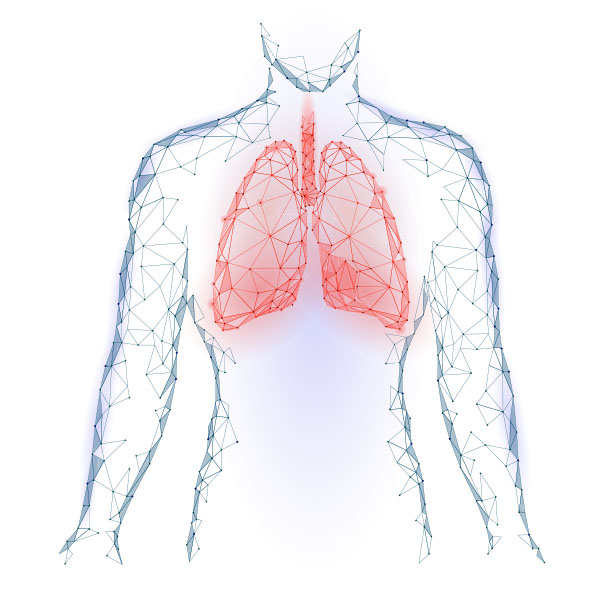Respiratory and Thoracic
Doctors in Respiratory Medicine diagnose and treat conditions affecting the respiratory (breathing) system, i.e. the nose, throat (pharynx), larynx, the windpipe (trachea), the lungs and the diaphragm. A third of all acute medical admissions to hospital are the result of respiratory problems, making this a busy and varied role, and a Respiratory expert witness can thus give an opinion on many issues.
As part of acute medicine, a respiratory Medicine specialist may also supervise and initiate non-invasive ventilation for patients suffering from a wide range of medical disorders, including acute exacerbations of chronic obstructive pulmonary disease (COPD).
Respiratory physicians may work closely with colleagues in the hospital’s intensive care unit (ICU), providing advice; since so many acute conditions involve respiratory problems, and a respiratory expert witness therefore has a wide remit of opinion.
As part of acute medicine, a respiratory Medicine specialist may also supervise and initiate non-invasive ventilation for patients suffering from a wide range of medical disorders, including acute exacerbations of chronic obstructive pulmonary disease (COPD).
Respiratory physicians may work closely with colleagues in the hospital’s intensive care unit (ICU), providing advice; since so many acute conditions involve respiratory problems, and a respiratory expert witness therefore has a wide remit of opinion.
Thoracic surgery:
A Thoracic Surgeon is a specialist who operates on the lungs and other thoracic (chest) organs, and diagnoses and treats diseases of these organs. A Thoracic Surgery expert witness can give opinion on a wide range of surgery including:- surgery for lung cancer, tumours and cysts
- surgery on collapsed or infected lungs
- key hole thoracic surgery (video assisted thoracoscopic surgery (VATS))
- chest-wall deformities (pectus surgery)

